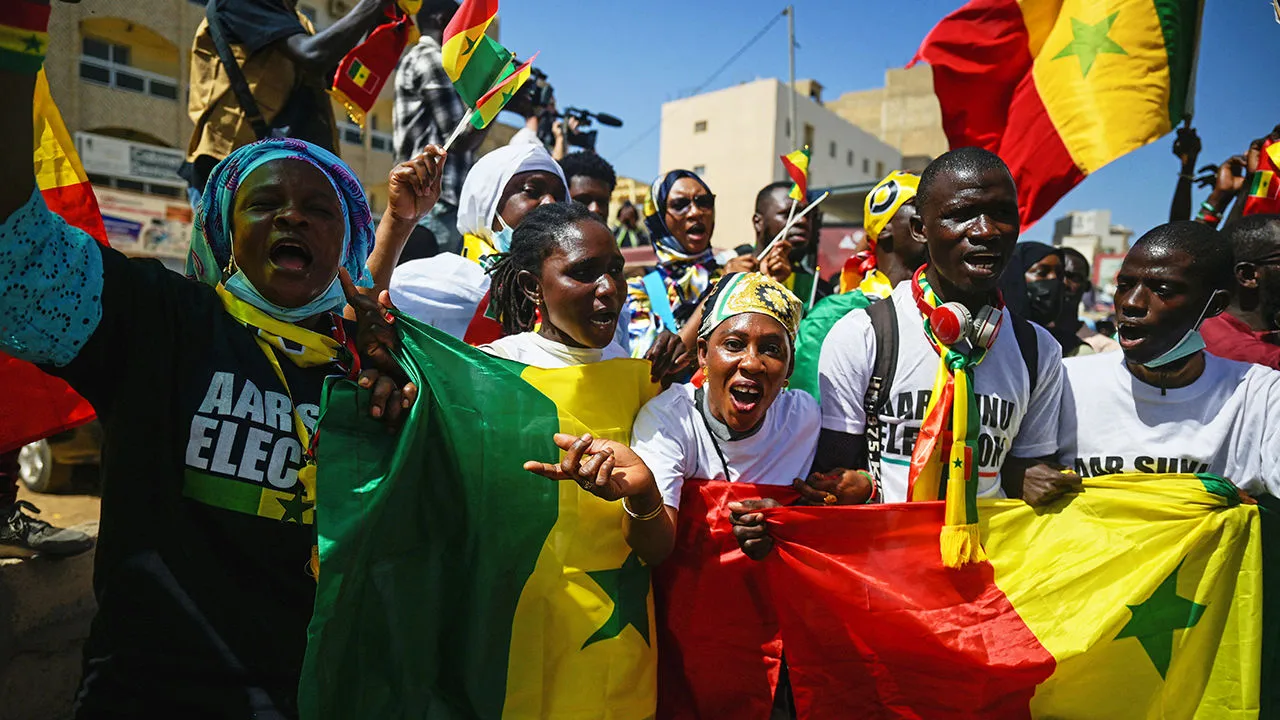

Your go-to source for in-depth coverage of political developments, economic trends, social affairs, and vibrant cultural stories from across the continent.

The new legislation is the product of an initiative that began in 2013, aimed at modernising the country’s sports governance framework. Momentum surged in March 2025 when Minister of Sports Khady Diène Gaye convened a high-level consultation in Dakar.
The meeting brought together representatives from national sports federations, the Senegalese National Olympic and Sports Committee (CNOSS), clubs, and key institutional stakeholders for a final review of the draft law.
That consultative session played a pivotal role in consolidating a forward-looking and inclusive legal document, shaped by the lived realities of Senegalese athletes, coaches, and organisers.
“The Code we have adopted today is a collective achievement. It reflects the voices of all those who contribute to the vibrancy of Senegalese sport,” said Minister Gaye during the ministerial session.
The newly adopted Code du Sport—endorsed under the leadership of President Bassirou Diomaye Diakhar Faye—is now the single legal framework governing all sporting activities across the country.
It replaces an obsolete charter that no longer aligned with the challenges of modern sport, such as the push for professionalisation, financial transparency, regional development, anti-violence measures, and equal access to resources.
Notably, the Code also formally recognises athletes as full contributors to national development—both socially and economically.
With this legislative overhaul, Senegal positions itself as a pioneer in West African sports governance, setting a precedent for neighbouring countries grappling with outdated policies in an evolving global sports landscape.
I am an avid African news observer, and an active member of Daily Mail Africa.
I’m Passionate about staying informed on diverse topics across the continent,
I actively contribute to publishing on political, economic and cultural developments in Africa.